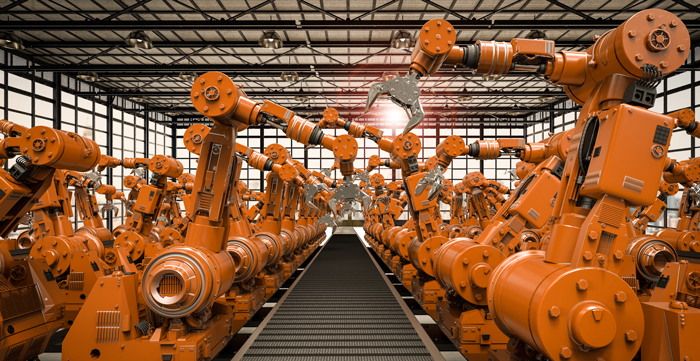Universal basic income is one way to offset the income losses produced when machines replace humans in the workplace. UBI pays a stipend to people, typically to those who live in an area affected by technological efficiencies and worker displacement.
For example, Y Combinator, which funds start-up companies mostly in the tech space, announced this month that it is giving $1,500 a month to 100 families in Oakland, Calif.—a working-class city near Silicon Valley. The money is meant to address the inequality produced by the rise in technology in the area.
Y Combinator reportedly has plans to pay out as much as $50 million in different locations affected by the tech-replacing-worker phenomenon.
Mark Zuckerberg and Elon Musk, two high-tech heavyweights, have also thrown their endorsements behind UBI. Other Silicon Valley CEOs are beginning to share their ethic. Stewart Butterfield of Slack, the fast-growing business app, came out this week with his endorsement of UBI, too.
To be sure, there are alternative forms of compensation for workers who lose their jobs on account of computers.
Billionaire Bill Gates is standing behind a robot tax, which would have robots that replace humans in the workplace taxed just like people are. The thinking is to recoup the taxable income lost by the individual. A company would pay a robot tax and the revenue would be used for supporting or retraining unemployed workers.
There are complexities to this, of course. How much automation actually replaces human and how much tax to offset the human cost is one dilemma. Another is how to prevent the robot tax getting passed onto consumers in the form of rising prices.
In any event, what is certain is that unskilled workers are getting pushed out of the workforce in record numbers. The website Jobs of The Future Fund estimates that what it calls the "Automated Revolution" will cause more job losses than the Great Depression and the Great Recession combined.
Automation is meant to result in cost savings. Lost incomes and taxes, however, will need to be calculated and recouped in some way. Otherwise, the whole economy suffers. The equation isn’t easily figured. To solve the problem, we’ll need both brain power and computer power to work together.
There's a cost to technological advancement—putting workers out of jobs. But tech companies are increasingly willing to compensate people for their automated efficiencies, and the job losses that occur.
Dealing With The Human Costs Of Robotization
August 25, 2017
« Previous Article
| Next Article »
Login in order to post a comment








